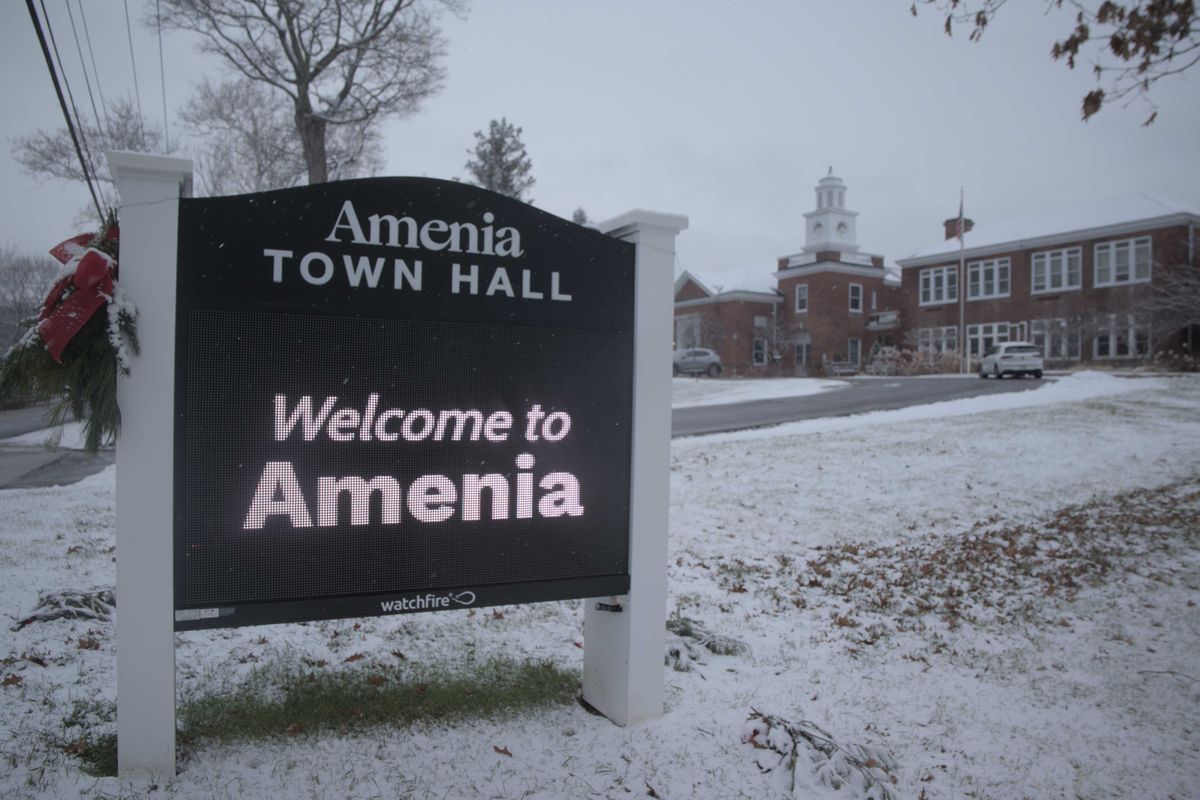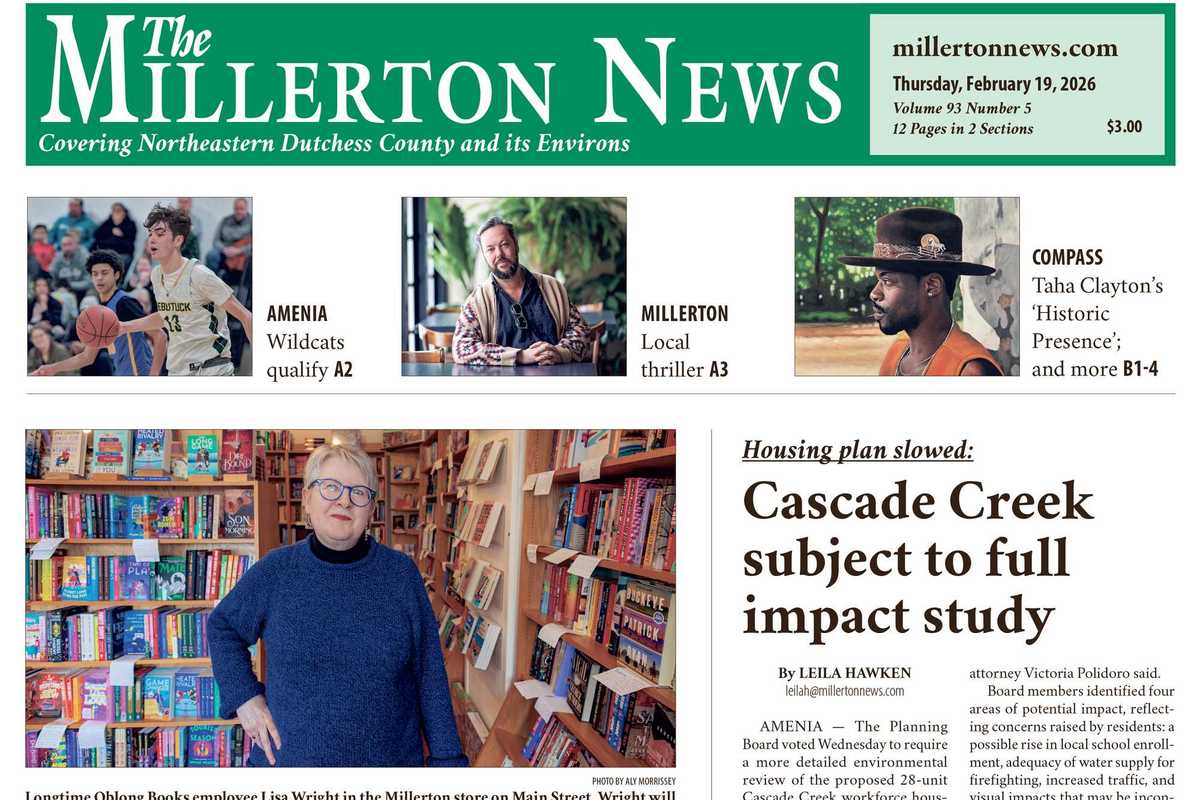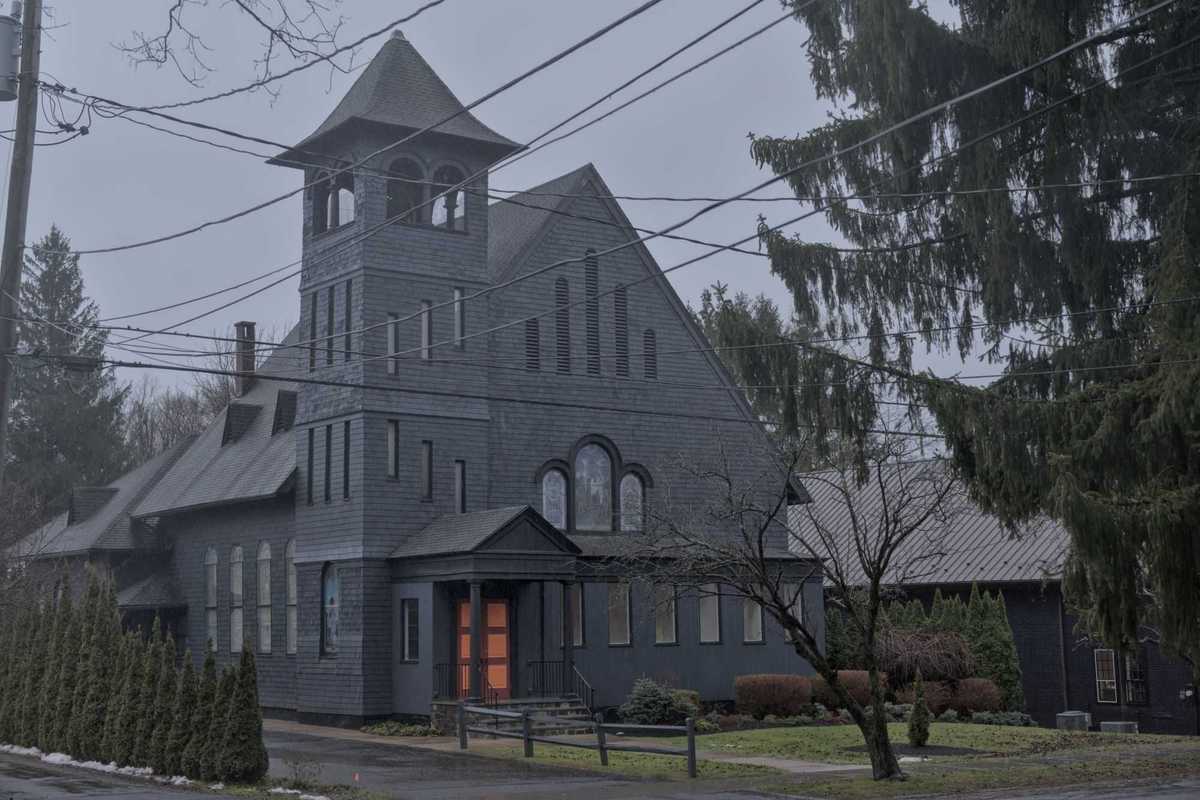In March 2020, Congress passed President Biden’s coronavirus bill prohibiting state Medicaid agencies from disenrolling beneficiaries until a month after the end of the public health emergency (PHE).
The relief bill rightly required Medicaid departments to discontinue Medicaid re-determinations of eligibility, allowing Medicaid enrollees relief from paying for COVID vaccines, testing and treatment. The PHE has driven Medicaid enrollment to a record 85 million, an increase of 19%. New York and Connecticut have extended the PHE April 15 deadline to June 2022, with a 90-day extension.
One in four Americans is enrolled in Medicaid (4 million of New York City’s 8.8 million citizens!) — 22% of Connecticut’s legal residents are enrolled in Medicaid or Husky (children’s health care under Medicaid) and 33% of New York’s legal residents are enrolled in Medicaid or CHIP. These are our poorest citizens and our most vulnerable Americans: children, the disabled, the aged and pregnant women.
That one in four Americans need Medicaid should be a wake-up call. It shows how many Americans are without health care insurance even with the expansions of the ACA. And it bears considering mental health care services as well as physical health care.
Let’s look at our nation’s health care provision and its poverty policy — still based upon President Johnson’s 1965 Medicare and Medicaid programs. Medicaid as well as its special programs for children and pregnant women are entirely means-tested with state-based groupings and eligibility. There is no one size fits all (as there is with Medicare).
“Generosity” in some states is matched by mean-spiritedness or just silliness in others. Based on the annual national standard of Federal Poverty Rate (FPR), states are allowed to set a ceiling for Medicaid eligibility above or below that FPR.
In 2021, the New York and Connecticut Medicaid eligibility rate for a single adult is about 138% of the FPR of $12,880 (@$18,000). In Alabama, eligibility is 8% of the FPR or anyone earning more than $1,030 per year! In Texas, single adults without children don’t qualify. Texas parents are only eligible if their annual income is approximately 17% of the FPR, or $3,626 for a family of three. (“Ceilings” are clearly “floors.”)
The Urban Institute estimates that states will process 77 million eligibility applications for Medicaid once the PHE officially ends. This is going to be severely difficult for individual and family enrollees.
Enrollee eligibility is reliant upon their provision of documents (like Social Security, tax returns, VA benefits, letters from employers, etc.).
A Kaiser Family Foundation Survey shows that only about half of states’ (27) social service departments have a plan for the tsunami of eligibility and renewal actions. And from that survey they found that 41 states plan to take nine to 12 months, four states plan to take six to nine months and three states plan to take three to six months for renewal. (www.kff.org, Policy Watch, March 2).
Nancy F. McKenzie is a retired professor from the CUNY School of Public Health. She lives in Amenia with her partner.













 Webutuck’s varsity boys basketball team fights hard against Ellenville on Friday, Feb. 13, at Webutuck High School.Photo by Nathan Miller
Webutuck’s varsity boys basketball team fights hard against Ellenville on Friday, Feb. 13, at Webutuck High School.Photo by Nathan Miller













Hear the Medicaid wake up call